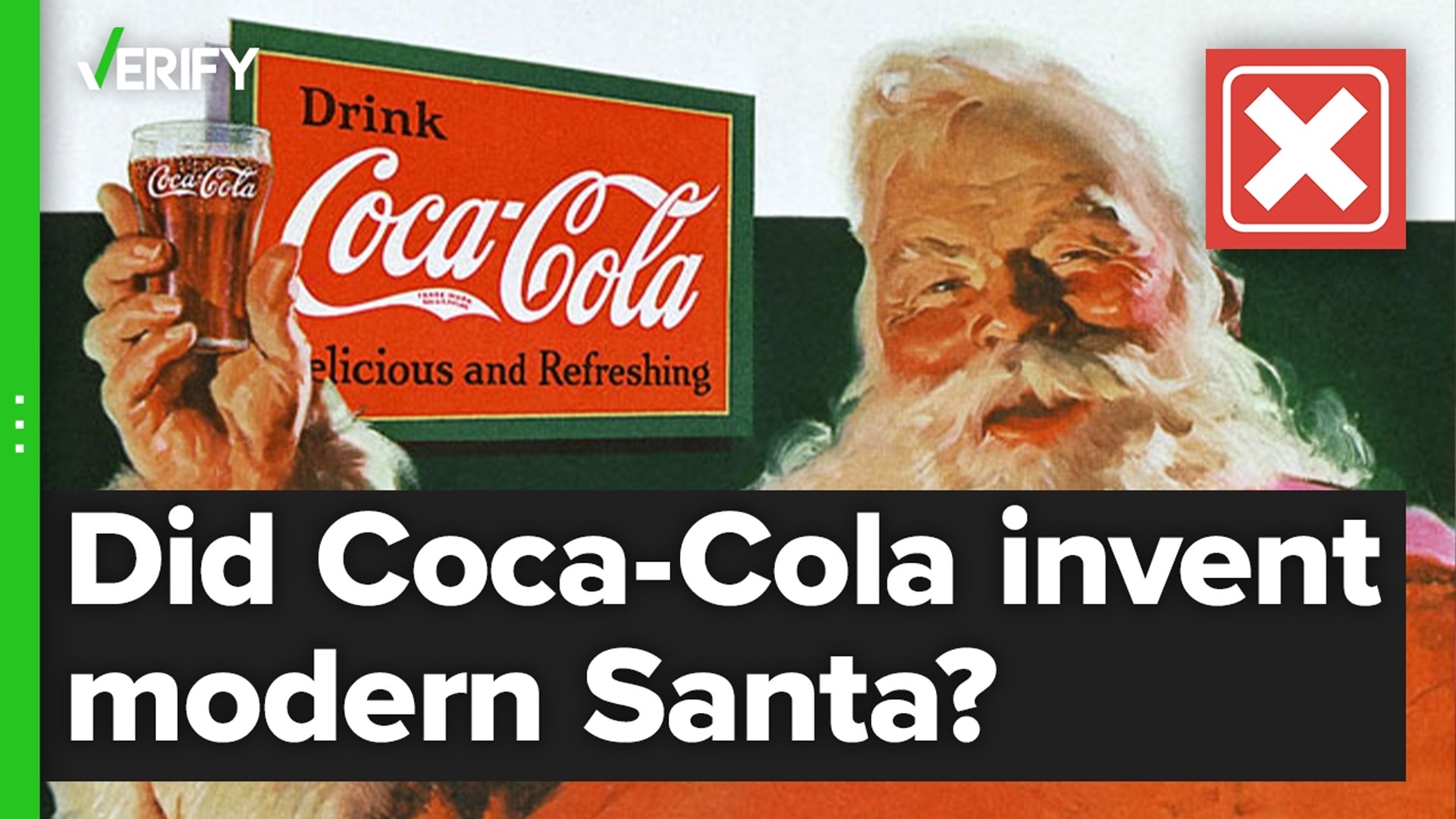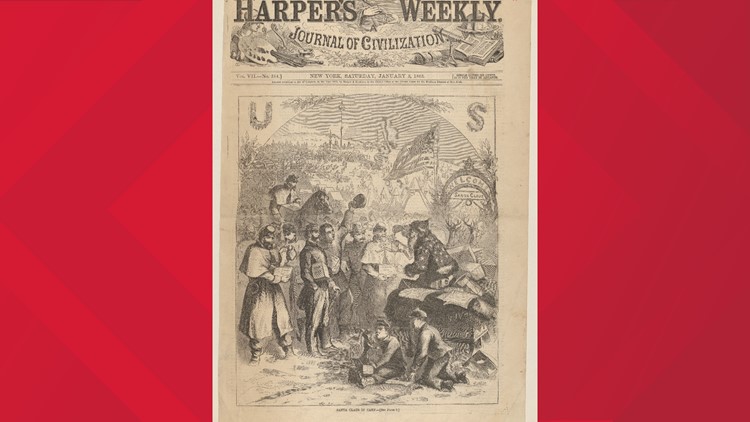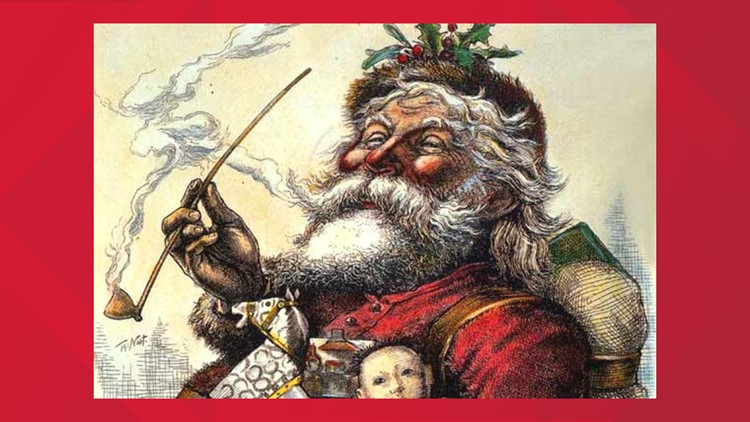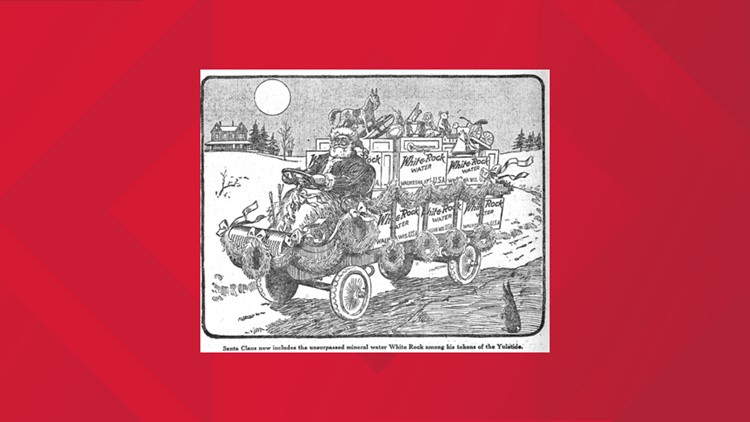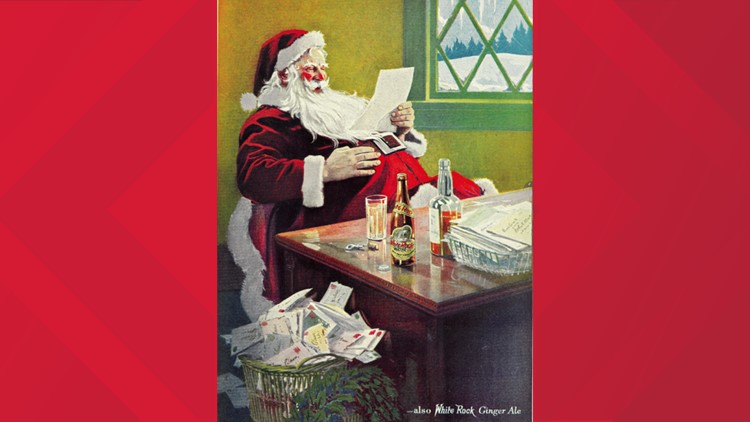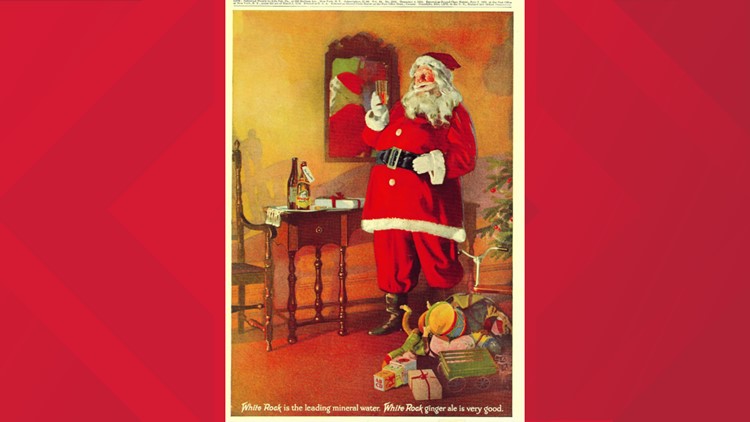There’s a chance you’ve heard it before: Coca-Cola created the Santa Claus we see today. It’s certainly believable. Santa’s red and white suit matches the colors of Coca-Cola, and there are perhaps no depictions of Santa Claus as famous as the one in the classic Coca-Cola Christmas advertisements.
Whether it’s a neat piece of trivia or an urban legend, people have certainly wondered if it’s true for a while. The first three suggestions Google offers for “did coca” all relate to this question.

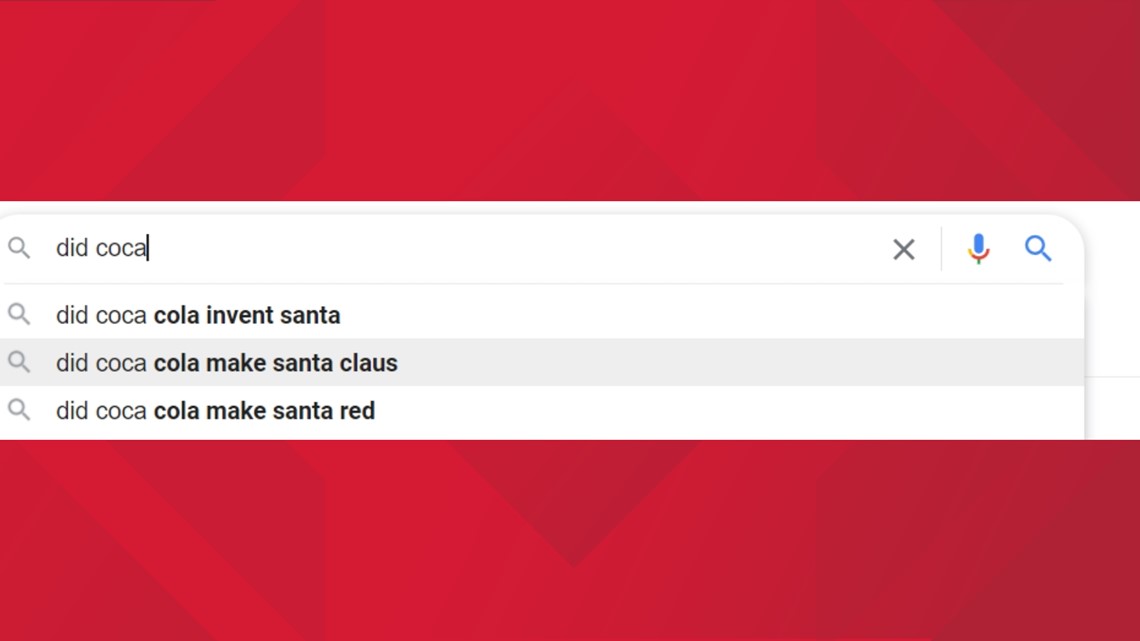
In 2021, a Catholic bishop in Sicily told children that Santa didn’t exist and his costume was created by Coca-Cola.
But for the last two decades, articles, blogs, museums and even Coca-Cola itself have all tried to set the record straight for people with questions about Coca-Cola’s relationship to the modern Santa Claus.
THE QUESTION
Did Coca-Cola invent the modern image of Santa Claus?
THE SOURCES
- Coca-Cola
- Thomas Nast’s works at the Metropolitan Museum of Art and Ohio State University
- Public Domain Review
- Clement Clark Moore’s “A Visit from St. Nicholas”
- White Rock Beverages
THE ANSWER
No, Coca-Cola did not invent the modern image of Santa Claus but Coca-Cola helped popularize the image. Santa Claus as we know him today originated from works in the 1800s by poet Clement Clark Moore and cartoonist Thomas Nast.
WHAT WE FOUND
The Santa Claus of today has a few uniform characteristics regardless of what personal touches artists may give him. He’s a jolly, rotund man wearing a red suit with white fur, a black belt and a red cap with a white fuzzy ball on the end — clothing that complements his long, white beard. That description matches the way Coca-Cola has depicted Santa Claus for nearly a century.
Coca-Cola says it “helped shape the image of Santa” in its company history. But the beverage company’s Australian website makes it more clear how Coca-Cola “helped” shape that image.
“If the American Santa Claus took shape by repetition then it’s fair to say that Coca-Cola led the charge through much of the 20th century - although it would be unfair to say Coca-Cola invented Santa,” Coca-Cola Australia says.
Santa’s modern image first began to take shape in 1822 with Clement Clark Moore’s poem “A Visit from St. Nicholas,” often known as “‘Twas the Night Before Christmas.” Moore described St. Nicholas as a chubby, jolly old elf dressed all in fur and sporting a white beard.
Thomas Nast, an editorial cartoonist known as the "Father of the American Cartoon," pulled from his native German folk traditions when he drew Santa Claus for Harper’s Weekly in an 1862 cartoon. That version of Santa Claus was similar to Moore’s, but with a suit made up of stars and stripes to match the pro-Union message of his Civil War-era comic.
Nast’s drawing of Santa Claus was so popular that he continued to draw variations of the character for Harper’s Weekly every year. In 1881, he drew a version of Santa closely resembling how we know him today in a cartoon aptly titled “Merry Old Santa Claus.”
Nast's Santa
The Public Domain Review, a not-for-profit online journal for works in the public domain, includes the color version of the 1881 cartoon in its Santa Claus timeline. The timeline also shows that Santa began to more regularly don a red suit after Nast’s 1881 drawing.

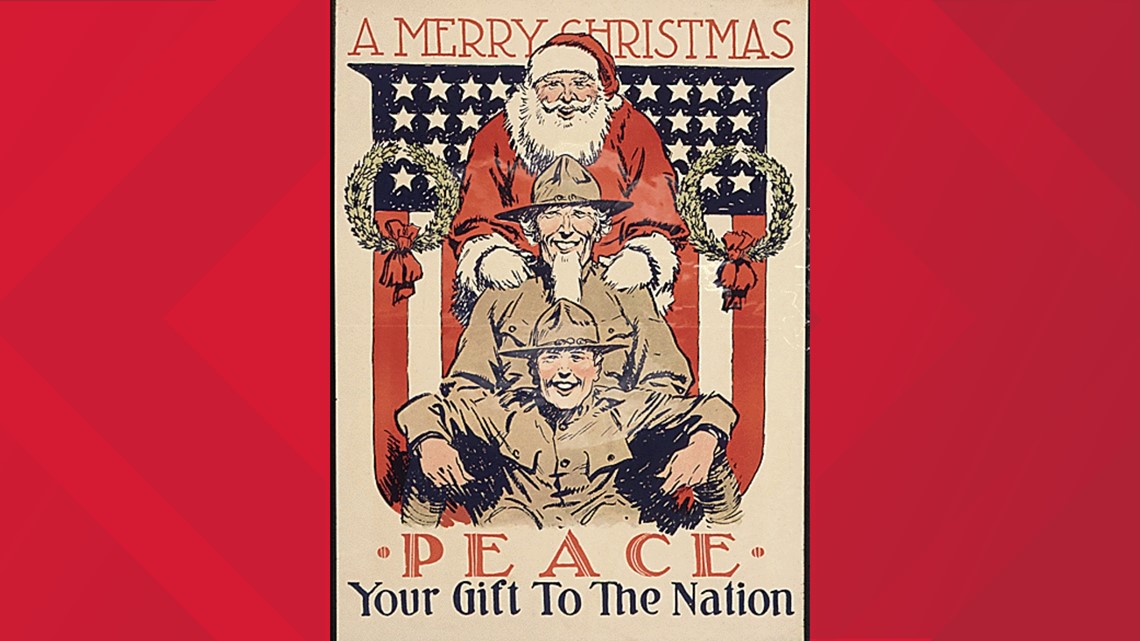
Coca-Cola first began using a version of Santa Claus Coca-Cola says was more reminiscent of Nast’s in advertisements in the 1920s, the company says. Then in 1931, Coca-Cola commissioned artist Haddon Sundblom to draw Santa Claus for its ad campaigns, and the company says he used Moore’s poem as his primary inspiration. Moore's poem didn't describe the color of Santa's suit, and Coca-Cola doesn’t say what inspired Sundblom to choose red and white, but the red and white color scheme established by Nast 50 years prior had become commonplace.
In fact, Coca-Cola wasn’t even the first soda company to use Santa’s modern image in its advertising. White Rock Beverages says they used his image for a 1915 mineral water ad and a 1923 ginger ale ad. Even a century ago, White Rock’s Santa looks no different than the Santa seen in commercials, movies and artwork today.
